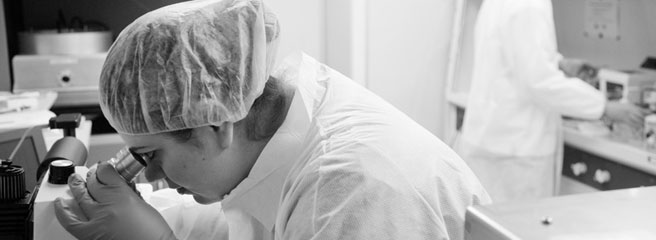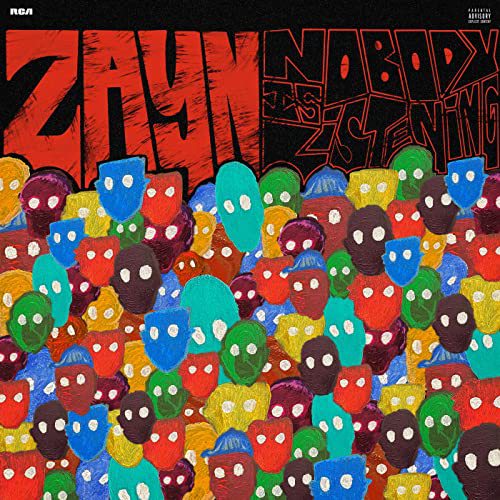Anupa Ghose might be a familiar name depending on how affiliated you are to the Queens College (QC) pre-health social networks. Ghose, a senior interested in medicine, is well known for being a helpful guide to new and current pre-health students. The Knight News spoke with Ghose, who’s currently getting her second bachelor’s degree, about her journey and what advice she’d give to students in the pre-health professions path.
Ghose hasn’t always been a mentor. She came to college in 2012 as a recent high school graduate with a growing interest in neuroscience. As she puts it, “My going-in plan was that I would graduate in 2016, take the MCAT in 2015, then be well on my way.” Ghose, who is still studying as an undergraduate student, acknowledges that being a non-traditional student has been crucial to her development and growing maturity over the years.
When asked to comment on what she would say to critics of her decision to carefully take her time, Ghose responded, “I’ve noticed classmates of mine under [quite a lot of] pressure to finish undergrad as soon as possible… it really never ever pays off to take more than you can handle,” adding, “You don’t want to wait until you’re deep in [trouble] if you can avoid it.”
As for her current role as a mentor and advisor in the STEM community, she recalls having a willingness to help others from her high school days. She would often respond to her classmates’ concerns and inquiries about navigating college applications on their shared Facebook group page. She then took this tendency to answer the occasional question on Facebook over to Queens College’s pre-med Facebook group, a page made by one of her general biology classmates from several years back.
There’s no doubt that Ghose has significant standing in the STEM community. Future Healers of America President and senior majoring in neuroscience, David Musheyev, spoke to The Knight News about Ghose’s presence. “Anupa’s certainly been a godsend and has helped many students,” adding that Ghose is distinct from the staff advisors on campus. As Musheyev puts it, “The advisors give you the definition of what it means to be an ideal student, Anupa points you in the right direction.”
Ghose has seen a variety of questions from pre-health students over the years, and she addressed some common problems they face. For students receiving less than perfect grades, Ghose had this to say: “It’s very discouraging to get bad grades at times. And it’s very discouraging to have professors that are difficult, but it’s also an opportunity for you to showcase your abilities as a communicator and negotiate.” Ghose explained that when taking a class under trying circumstances, a significant part of your grade is based off of one’s own motivation and the environment of people you surround yourself with. In regards to motivation, Ghose criticizes having a preconceived idea that it’s impossible to get a good grade because of a professor. She insists that professors can be helpful allies and work with you, as opposed to the notion that they work against you.
Ghose stresses that individuality is key to any applicant’s chance of success. She explained that one does not have to engage in all the extra curricular activities possible and pursue every research opportunity just for the sake of building one’s resume. “You have to really go back to yourself and think about, ‘Okay, who am I?’” says Ghose. She adds, “I’ll use myself as an example. I’ve always been passionate about mental health and working with children. So I basically chose to center my activities on working with children. My extracurricular activities include working with children and working with mentally ill patients.” Long story short, Ghose notes that quality over quantity is the key to a strong application. Her biggest piece of advice for applicants, and pre-health students in general, is to be unique.














